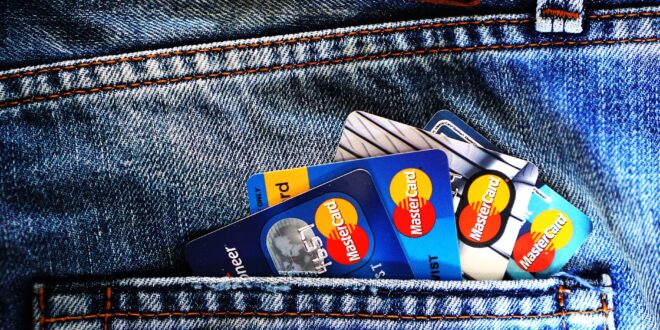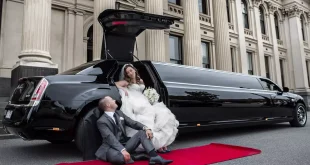The balance on your credit card is too high. If you’re not careful, you could easily reach the limit and max it out the next time you go shopping. The smartest thing that you can do is try to pay it all off. But how can you do that?
Here are ten tips that will help you achieve your goal.
1. Make a Smart Repayment Plan
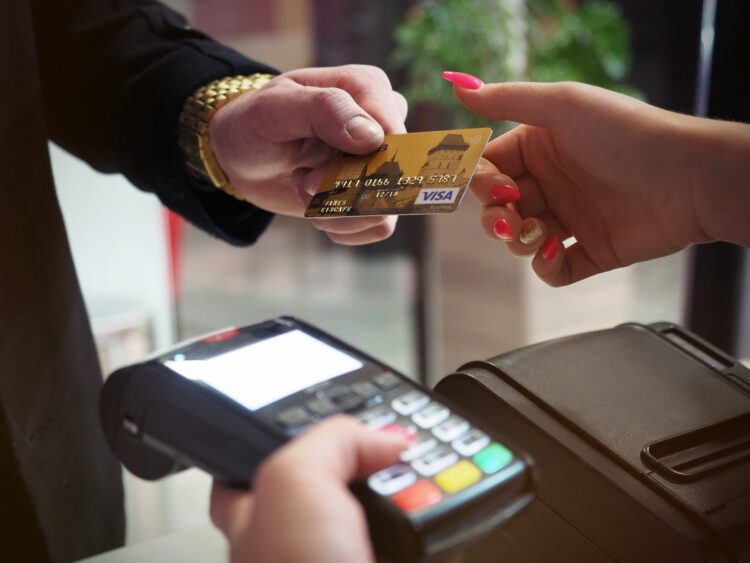
It’s easy to get overwhelmed when you look at that balance. How could you ever bring it down to zero? You should use a debt calculator to get a good idea about how much you can reasonably pay every single month to whittle down that balance. Dividing the amount up into monthly or weekly payments makes the mission much more manageable. You can also enter the credit card payoff negotiation.
If you’re not sure whether you have enough to make these smaller payments, you need to follow tip number two.
2. Start a Budget
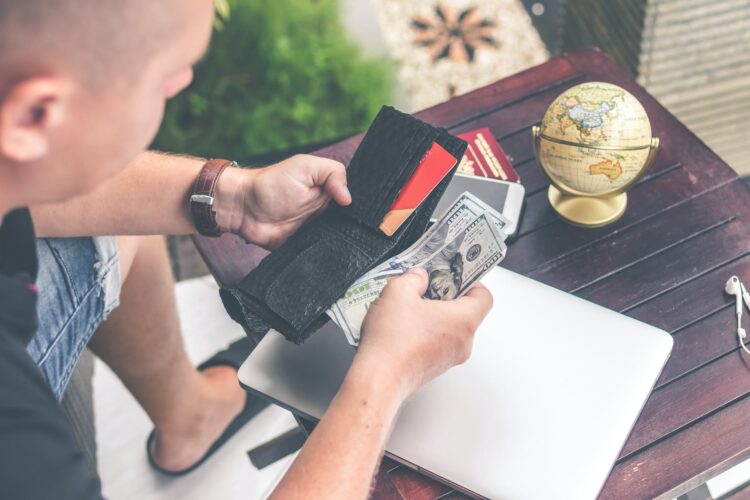
A budget will help you gauge how much you’re currently spending on monthly costs and how much you could save. Start by opening up an Excel spreadsheet or by downloading a budgeting app on your phone, and then calculating your income and expenses. How much is left over for savings? If it’s not enough, you can do some trimming.
3. Cut Everyday Costs
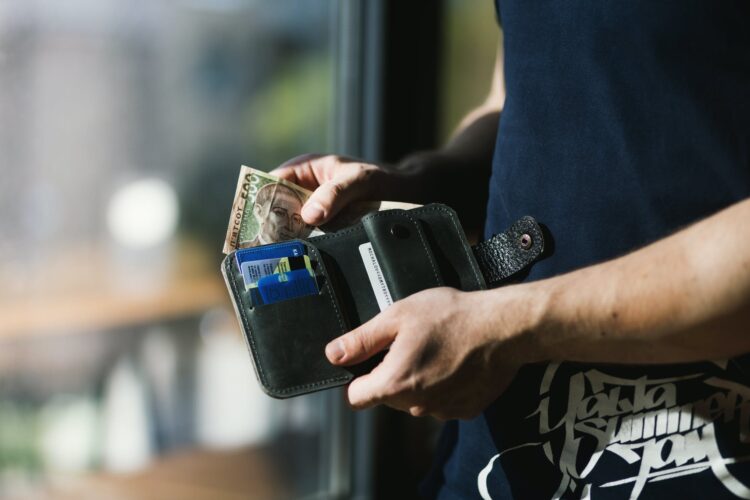
If you want to make more room in your budget for your repayment plan, you can cut some variable costs and use the savings.
Here are some things that you could do:
- Brew your own coffee at home instead of buying it from a café
- Cook meals at home instead of ordering delivery or takeout
- Drop subscriptions and memberships that you don’t use
- Shop with coupons and discount codes
- Use public transportation instead of ride-share services
4. Practice Mindful Spending

Do you make a lot of impulsive purchases? Do you browse online stores when you’re bored? Do you buy yourself things to cheer up when you’re sad or stressed? These decisions may feel good at the moment, but they don’t feel so good when they show up on your credit card bill.
If you want to deal with your credit card debt, you need to break the habit of impulse buying and practice mindful spending instead. Get what you need — not what you want. Don’t treat shopping like a hobby or coping mechanism. Be cautious and conscientious with your money. Sometimes, a simple change in perspective could make a big difference.
5. Don’t Miss Bill Payments
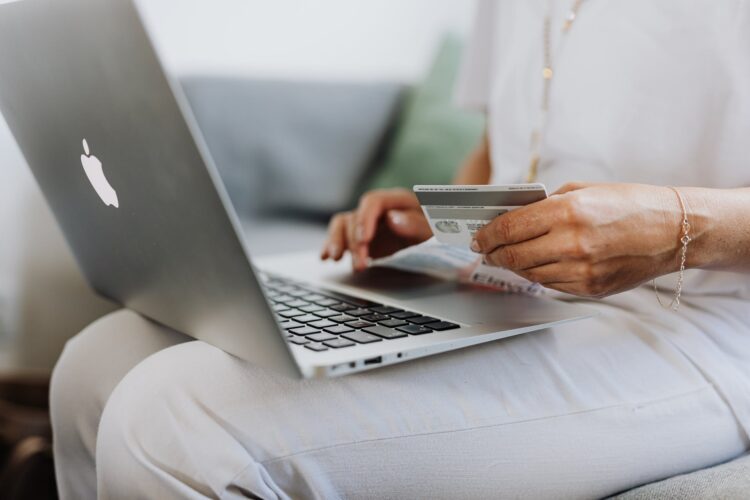
Missing your bill payments is a bad habit — and an expensive one, too. The more that you ignore these deadlines, the more late fees and penalties you’re going to have to deal with. Stop adding to the burden.
If you’re having trouble juggling these different deadlines, here some simple ways that you can keep track:
- Open an online bank account. Sign up for notifications whenever your credit card bill is due.
- Use online banking to automate recurring bill payments. Every time the bill is due, the amount owed will be taken from one of your accounts.
- Use a calendar app or bill monitoring app to track the upcoming due dates. These will send reminders for when you have to pay.
6. Pay More Than the Minimum
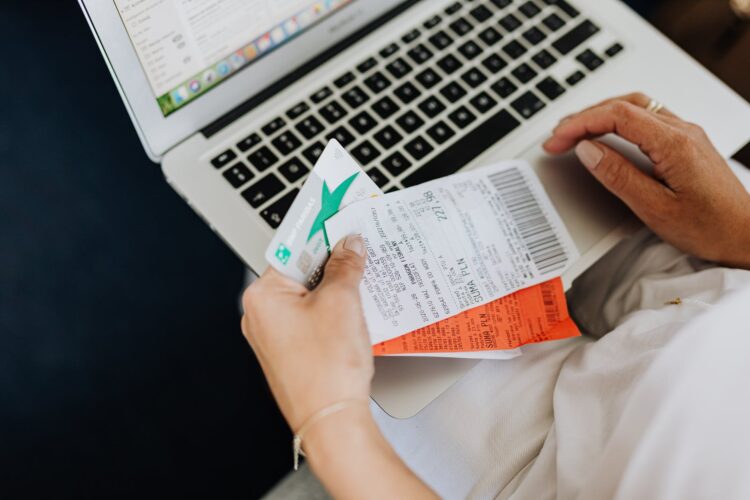
If you want to make any headway on your credit card debt, you’re going to have to contribute more than the minimum payment. Putting down the minimum only prevents you from getting hit with a late penalty. It doesn’t chip away at your high balance — and it doesn’t stop you from collecting interest. It would take you years to eliminate the debt total if you only repaid the minimum every time your bill was due.
Making a habit of only paying the minimum can also hurt your credit score. Breaking the habit will be rewarding in more ways than one.
Try your best to put down more than the minimum when your bill is due. If you’re not comfortable paying a large sum once a month, consider paying small amounts several times a month. Every time you have a spare $20.00, you can put it onto the card.
7. Give the Card a Rest
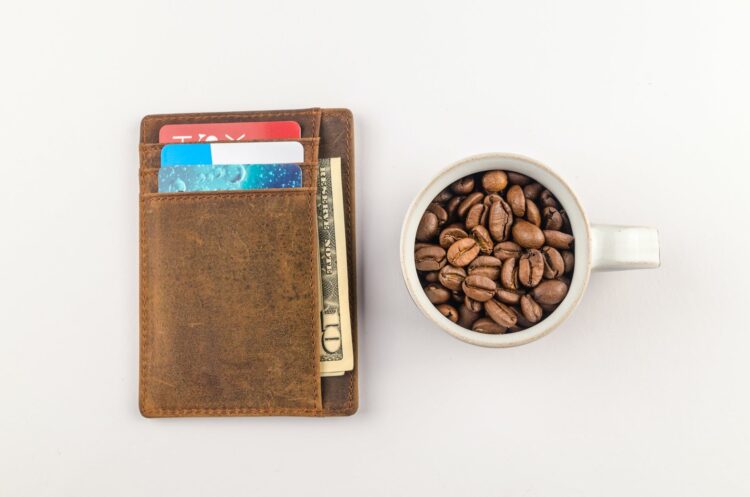
Putting all of your purchases onto your credit card will make you rack up a balance, especially if you don’t have the means to pay it off by the end of the month. If you don’t have to use your credit, don’t. It will keep you from pushing your balance closer to the limit and giving yourself a bigger challenge to repay later on.
What can you do instead? Using alternatives like debit cards or cash will save you a lot of grief — and debt — in the future.
Debit cards and cash are great ways to pay for small everyday expenses like groceries, toiletries, and takeout. Why? Because they’re available funds. They’re not borrowed. They’re interest-free. Using either won’t automatically saddle you with debt.
While they’re usually safer payment options in comparison to credit, they’re not completely consequence-free. You will still need to be careful of ATM withdrawal fees, overdraft fees, withdrawal limits, and other restrictions. Check the boundaries of your bank accounts to make sure that you’re not accidentally costing yourself more money.
8. Sign Up for Credit Counselling

If you’re having trouble breaking your bad credit habits, you should consider signing up for credit counseling. A licensed insolvency trustee firm like David Sklar offers credit counseling services designed to assist clients with everything from responsible credit use to budgeting to debt management. The sessions could really help you make progress.
9. Talk to a Professional

If you’re deep in debt and you’re finding that these small interventions aren’t working, you should go to a licensed insolvency trustee for help. They will assess your finances to see what type of debt relief strategy is best for you. They may suggest that you file for a consumer proposal or a division one proposal to get out of your tough situation.
10. Don’t Apply for More Credit
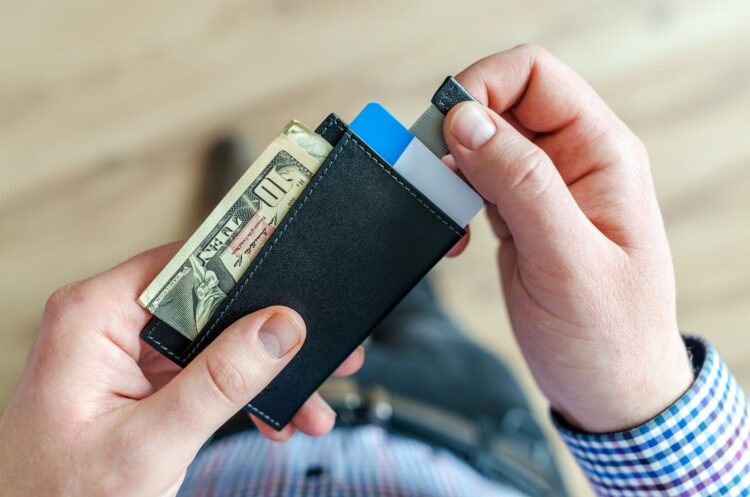
Don’t sabotage your repayment plan by giving yourself more credit debt to juggle. Wait until you have control over this debt problem before you apply for anything new. Simplifying your finances will make your life a lot easier.
Plus, having too many credit cards will hurt your credit score — this will make it harder for you to reach other financial goals like buying a car, renting an apartment, or taking out a business loan.
Paying off your card might feel like an impossible task to accomplish, but that’s not true. You can do it. Just follow these tips, and you can get that balance down to zero in no time.
 Hi Boox Popular Magazine 2024
Hi Boox Popular Magazine 2024
